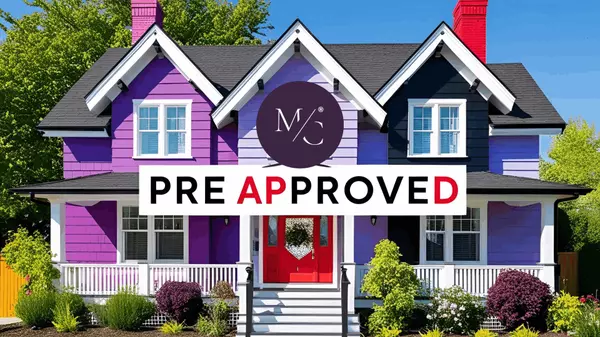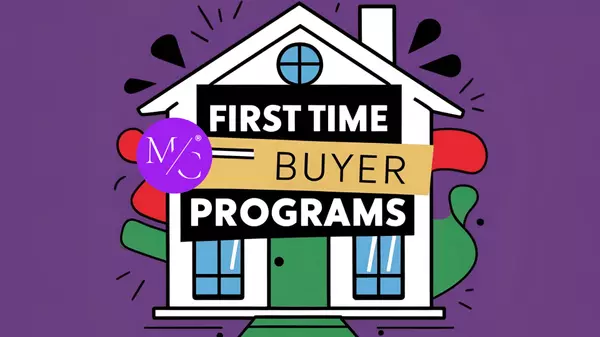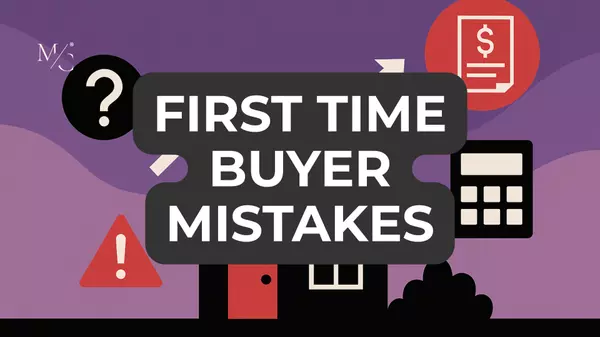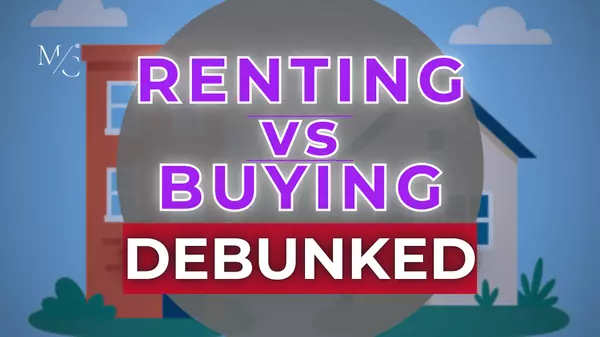Transitioning From Renting To Owning As A First-Time Homebuyer

Transitioning From Renting To Owning As A First-Time Homebuyer
Transitioning from renting to owning as a first-time homebuyer is an exciting and life-changing milestone. For many, it symbolizes financial independence, stability, and a significant investment toward building wealth. If you're currently renting and considering making the leap to homeownership, understanding the process can make your transition smoother and more rewarding.
Why Transition From Renting To Owning?
Renting often provides flexibility and fewer responsibilities, but transitioning from renting to owning comes with considerable advantages. According to the National Association of Realtors (NAR), homeownership can increase net worth significantly; in fact, the median homeowner has about 40 times the net worth of a renter (NAR, 2023).
Renting means your monthly payments contribute to your landlord’s equity, while owning allows you to build your own equity. Equity is the difference between what your home is worth and what you owe. Each mortgage payment increases your equity, unlike renting, where monthly payments never yield long-term benefits.
Financial Benefits For First-Time Homebuyers
As a first-time homebuyer, transitioning from renting to owning can come with substantial financial incentives:
-
Tax Benefits: Homeowners can deduct mortgage interest and property taxes, lowering their taxable income (IRS, 2023).
-
Stable Housing Costs: With a fixed-rate mortgage, you can stabilize your monthly housing payments for up to 30 years, unlike renting, where prices often rise annually.
-
Appreciation Potential: Real estate generally appreciates over time. Data from the Federal Housing Finance Agency indicates homes have appreciated by an average of 4.4% annually over the past 20 years.
Steps To Transition From Renting To Owning
-
Assess Your Financial Readiness: Review your credit score, savings, and monthly budget. Ideally, aim for a credit score of at least 620, though higher scores provide better interest rates.
-
Determine Your Budget: Use the 28/36 rule, which recommends spending no more than 28% of your gross monthly income on housing and no more than 36% on total debt.
-
Save for a Down Payment: Most conventional loans require a down payment of at least 5%, while FHA loans might allow as little as 3.5%. Consider grants or local first-time homebuyer programs to ease the financial burden.
-
Get Pre-approved: Getting pre-approved by a lender clarifies how much you can afford and demonstrates to sellers that you are a serious buyer.
-
Find the Right Realtor: A realtor familiar with first-time homebuyers can simplify your journey from renting to owning by guiding you through complexities, negotiations, and paperwork.
-
Begin House Hunting: Identify your preferred locations, home types, and must-have features, but remain flexible. Prioritize long-term value and your future needs.
-
Make an Offer and Close the Deal: With your realtor's help, craft a competitive offer. Once accepted, the process moves toward inspections, appraisals, and ultimately, closing the purchase.
Common Mistakes First-Time Homebuyers Make When Transitioning From Renting To Owning
-
Underestimating Total Costs: Homeownership involves property taxes, insurance, maintenance, and possible HOA fees, which renters typically don't pay.
-
Skipping the Inspection: Always invest in a thorough home inspection to avoid costly hidden issues later.
-
Not Shopping Around for Mortgages: Comparing mortgage offers can save thousands in interest over the life of the loan.
Real-Life Example Of A First-Time Homebuyer
Consider Sarah, who recently transitioned from renting to owning. Sarah was paying $1,500 per month in rent. After assessing her finances and securing a favorable mortgage, she purchased a home with monthly payments of $1,600. Although slightly higher, her payments are stable, her interest is tax-deductible, and she's building equity with each installment, making her financial future more secure.
Conclusion
Transitioning from renting to owning as a first-time homebuyer can feel daunting but immensely rewarding. By understanding the benefits, preparing financially, and working with knowledgeable professionals, your journey toward homeownership can be smooth and beneficial. Remember, homeownership isn’t just about having a place to call your own—it’s a step toward building lasting financial stability.
Sources:
-
National Association of Realtors (NAR), Homeownership Statistics, 2023.
-
Internal Revenue Service (IRS), Homeownership Tax Benefits, 2023.
-
Federal Housing Finance Agency, Home Price Index Report, 2023.
Recent Posts










GET MORE INFORMATION


